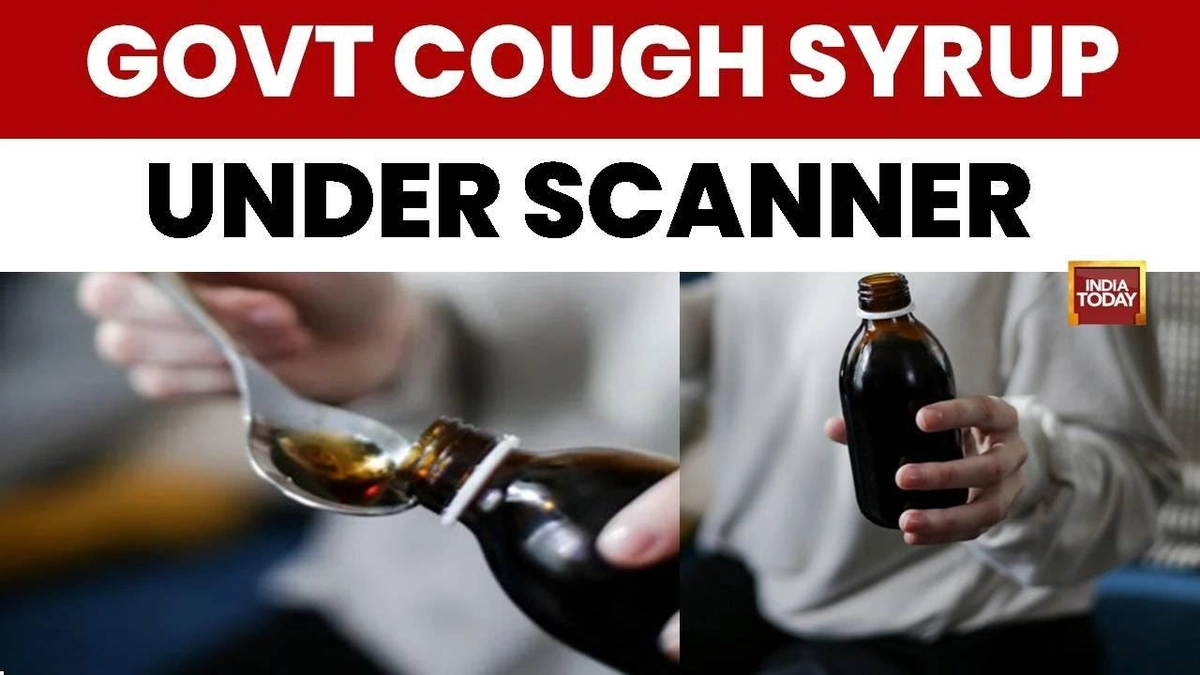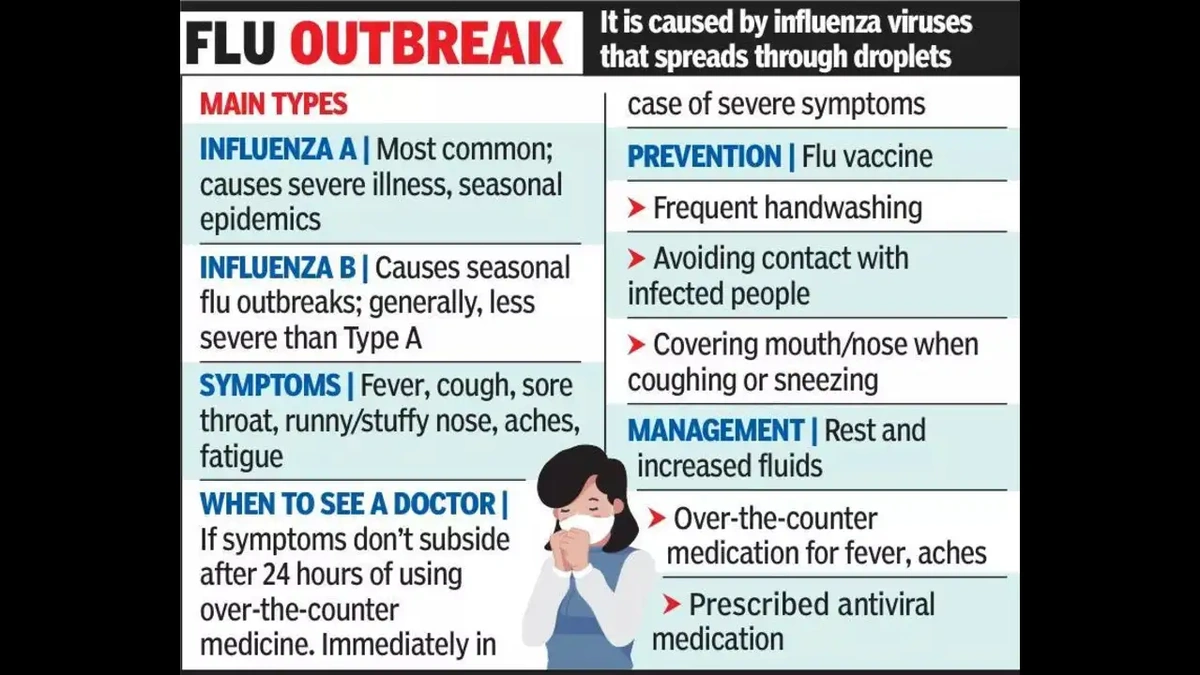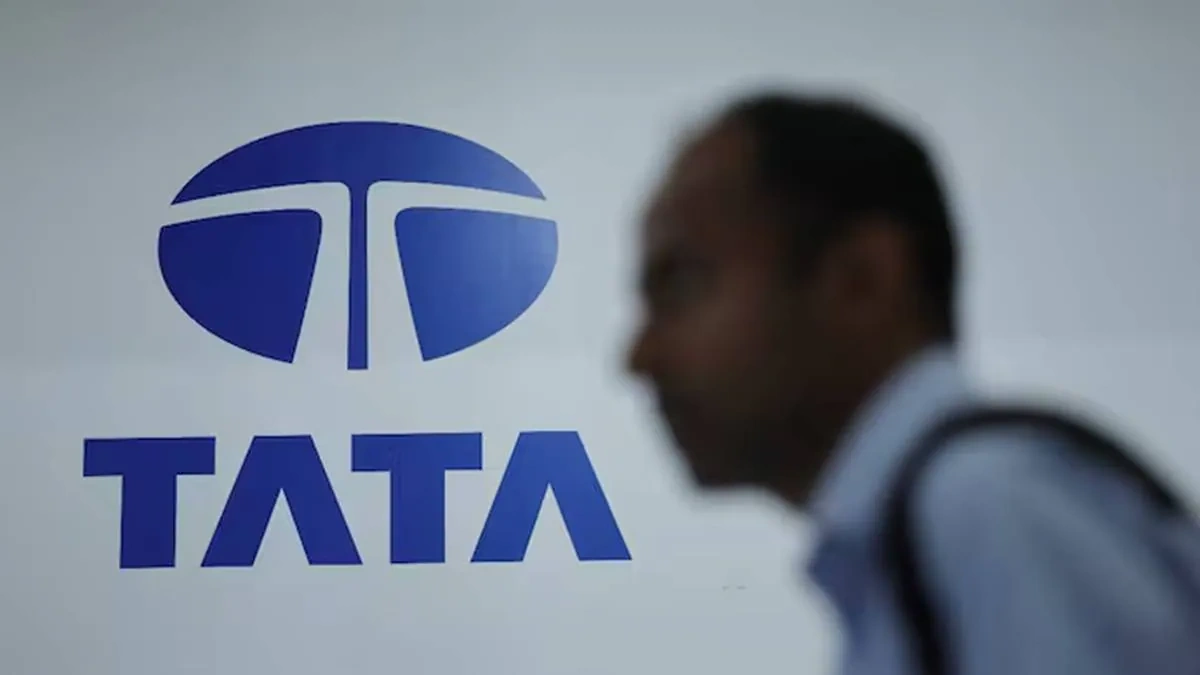MP Cough Syrup Tragedy | Child Death Toll Reaches 20
The news is heartbreaking, isn’t it? Twenty young lives lost, all potentially linked to cough syrup poisoning in Madhya Pradesh. It’s a parent’s worst nightmare, and honestly, just reporting the numbers feels… wrong. So, let’s dive deeper. Let’s not just talk about what happened, but why this keeps happening, and what we can do to protect our families. This isn’t just about one incident; it’s about a systemic failure, and it’s time we addressed it.
The Urgent Question | Why Now, Why Here?
Here’s the thing: these tragedies aren’t new. We’ve seen similar incidents pop up across India, often involving medicines meant to alleviate suffering instead causing it. What fascinates me is the confluence of factors that allow this to occur. Poor regulation is certainly a key player. Are substandard or counterfeit drugs slipping through the cracks? What quality control measures are (or aren’t) being enforced on local pharmaceutical manufacturers? And what about the supply chain – is it truly secure and monitored? According to the Central Drugs Standard Control Organization (CDSCO) , they are responsible for approving new drugs and setting standards. But how effective is their oversight on the ground? These are all questions that demand answers.
But it’s not just about regulation. Let’s be honest, sometimes economic desperation plays a role too. People might opt for cheaper, unregulated medicines, unaware of the dangers lurking within. Literacy and health awareness are also critical. Do people understand the potential risks associated with self-medication, especially with children? Do they know how to identify safe, certified products? This is where public health campaigns and community outreach programs can make a massive difference. One thing that can be checked is the expiry date of medicines .
The Shadow of Spurious Drugs
The elephant in the room, of course, is the potential for spurious drugs to enter the market. It’s a dark, underground world where unscrupulous manufacturers prioritize profit over human lives. They might produce fake versions of popular medications, often containing dangerous substances or incorrect dosages. These drugs then make their way into pharmacies and, tragically, into the hands of unsuspecting families. Imagine the horror of giving your child something you believe will heal them, only to discover it’s actively harming them. This is why drug testing labs are important.
The challenge, though, lies in detecting these counterfeit drugs. They often look identical to the real thing, making it difficult for consumers – and even pharmacists – to tell the difference. Advanced technology, like fingerprinting, is needed. And, frankly, a much more aggressive crackdown on manufacturers involved in the production and distribution of such drugs. The penalties for these crimes should be severe, acting as a real deterrent. Consider checking news sources for updates.
Protecting Your Family | A Practical Guide
Okay, so we’ve painted a pretty grim picture. But what can you do, right now, to protect your family? Here’s the “how” of it all:
- Always buy medicines from licensed pharmacies: This seems obvious, but it’s crucial. Avoid buying medicines from unverified sources or online platforms that don’t require a prescription.
- Check the packaging carefully: Look for signs of tampering, such as broken seals or misspellings. Verify the manufacturer’s details and expiry date.
- Consult a doctor before giving any medication to children: Never self-medicate, especially when it comes to kids. A doctor can accurately diagnose the problem and prescribe the appropriate medication and dosage.
- Be aware of potential side effects: Read the medication’s label carefully and be aware of any potential side effects. If you notice anything unusual, stop using the medication immediately and consult a doctor.
- Report any suspicious activity: If you suspect that you’ve encountered a counterfeit drug, report it to the authorities immediately.
It’s also worth asking your doctor or pharmacist about generic alternatives. While generally safe and effective, it’s good to be informed and understand the source and manufacturing of any medication you’re taking. The goal is to reduce the chances of adverse drug reactions .
The Role of Government and Regulatory Bodies
Ultimately, the responsibility for ensuring drug safety lies with the government and regulatory bodies. They need to strengthen quality control measures, enhance surveillance of the pharmaceutical industry, and impose stricter penalties on those who violate the law. A possible solution could be to check news channels for possible updates.
Increased investment in drug testing infrastructure is also essential. We need more well-equipped laboratories capable of detecting counterfeit drugs quickly and accurately. Furthermore, public awareness campaigns are crucial to educate people about the risks of self-medication and the importance of buying medicines from trusted sources. Let’s make sure steps are taken to ensure pharmaceutical quality .
The Road Ahead
The MP cough syrup tragedy is a wake-up call. It’s a stark reminder that drug safety is not just a matter of statistics; it’s a matter of human lives. We need to move beyond reactive measures and implement proactive strategies to prevent such tragedies from happening again. This requires a collaborative effort involving the government, regulatory bodies, pharmaceutical companies, healthcare professionals, and the public. What’s needed is a complete overhaul of the drug regulation system.
Let’s be honest – this isn’t going to be easy. There will be challenges, setbacks, and resistance. But the lives of our children are worth fighting for. Let’s demand accountability, transparency, and a relentless commitment to drug safety. Let’s create a future where no parent has to experience the unbearable pain of losing a child to something that was supposed to heal.
FAQ
What are the common symptoms of cough syrup poisoning?
Symptoms can vary, but often include nausea, vomiting, drowsiness, difficulty breathing, and seizures. If you suspect poisoning, seek immediate medical attention.
How can I identify a fake cough syrup?
Check for inconsistencies in packaging, misspellings, or broken seals. Buy only from licensed pharmacies and be wary of unusually low prices.
What should I do if my child experiences side effects after taking cough syrup?
Stop administering the medication immediately and consult a doctor.
Where can I report suspected counterfeit drugs?
You can report it to your local drug control authority or the CDSCO.
Are generic cough syrups safe?
Generally, yes, but ensure they are from reputable manufacturers and approved by regulatory bodies.
What is the role of the pharmacist in preventing cough syrup tragedies?
Pharmacists should verify prescriptions, check for potential drug interactions, and educate patients about proper usage and potential side effects.













